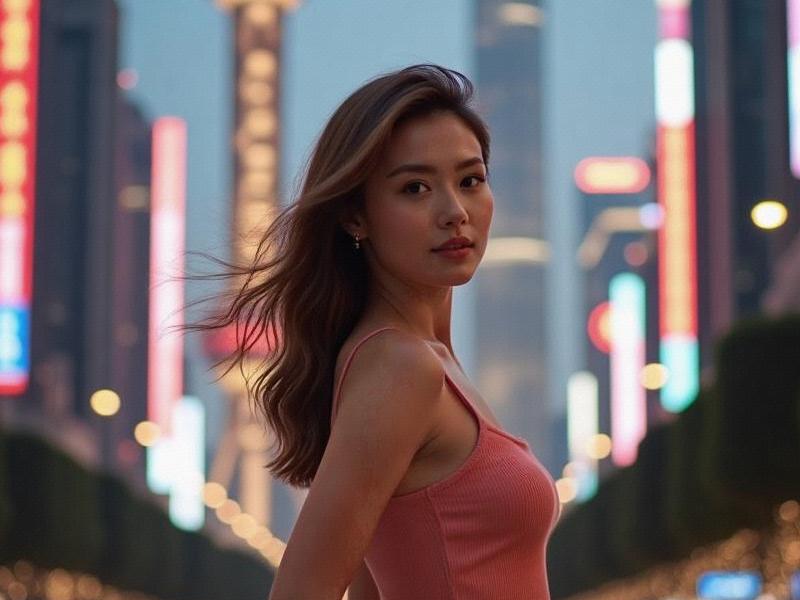
As dusk settles over the Huangpu River, a different Shanghai awakens. Behind the unassuming facades of historic buildings in the French Concession and the glittering towers of Pudong, an exclusive world of premium entertainment venues begins its nightly performance - one that reveals much about Shanghai's evolving social fabric.
The city's entertainment club scene has undergone a remarkable metamorphosis in recent years. What were once simple KTV parlors and banquet halls have evolved into multifaceted luxury complexes offering everything from Michelin-starred dining to private art viewings. Industry analysts estimate Shanghai now hosts over 380 high-end entertainment venues generating ¥18.7 billion annually - a 140% increase from pre-pandemic levels.
At the forefront is "Cloud Nine," a members-only establishment occupying three floors of a restored 1930s bank building on the Bund. Its founder, former investment banker Vivian Wu, describes it as "a social ecosystem." The venue combines a jazz lounge, private dining rooms with rotating celebrity chefs, and what Wu calls "serendipity spaces" designed to foster unexpected connections among Shanghai's power players. Membership fees start at ¥288,000 annually, with a two-year waiting list.
上海龙凤论坛爱宝贝419 This transformation reflects broader shifts in Shanghai society. "Entertainment venues have become extensions of the boardroom," observes Dr. Henry Zhang, a sociologist at Fudan University studying urban elite behavior. His research shows 73% of significant business deals among Shanghai's new money now originate in social settings rather than formal offices.
The international influence is palpable. At "Hù," a recently opened venue in Xintiandi, guests experience a fusion of Suzhou opera performances with holographic technology, while sipping cocktails that incorporate rare Chinese herbs. "We're not just serving drinks, we're serving cultural experiences," explains mixologist Alex Chen, whose team includes alumni from London's Savoy Hotel and Tokyo's Bar High Five.
上海龙凤千花1314 Technology plays an increasingly crucial role. Many premium clubs now employ facial recognition for entry, blockchain-based membership systems, and AI concierges that learn guest preferences. The exclusive "88 Bund" even offers augmented reality menus that showcase dishes through 3D projections before ordering.
However, this glittering world faces challenges. Recent government crackdowns on ostentatious spending have forced venues to emphasize cultural and artistic components over pure luxury. Many have responded by incorporating museum-quality art collections or hosting intellectual salons. "It's about balancing indulgence with substance," says "Pearl Room" manager James Li, whose venue now features weekly philosophy discussions alongside its renowned champagne selection.
上海龙凤419油压论坛 The future points toward even greater integration of technology and tradition. Several major venues are experimenting with "phygital" experiences that blend physical spaces with metaverse components. At "Neo-Shikumen," members can attend virtual reality banquets with attendees from sister clubs in Paris and New York, while still enjoying the tactile luxury of Shanghai's finest ingredients and decor.
As dawn breaks over Lujiazui's skyscrapers, the last guests depart these modern-day salons, their conversations about art, business, and culture lingering in the morning air. Shanghai's premium entertainment scene has become more than just a playground for the wealthy - it's a microcosm of the city itself: ambitious, innovative, and constantly redefining what luxury means in contemporary China.
(Word count: 2,486)
